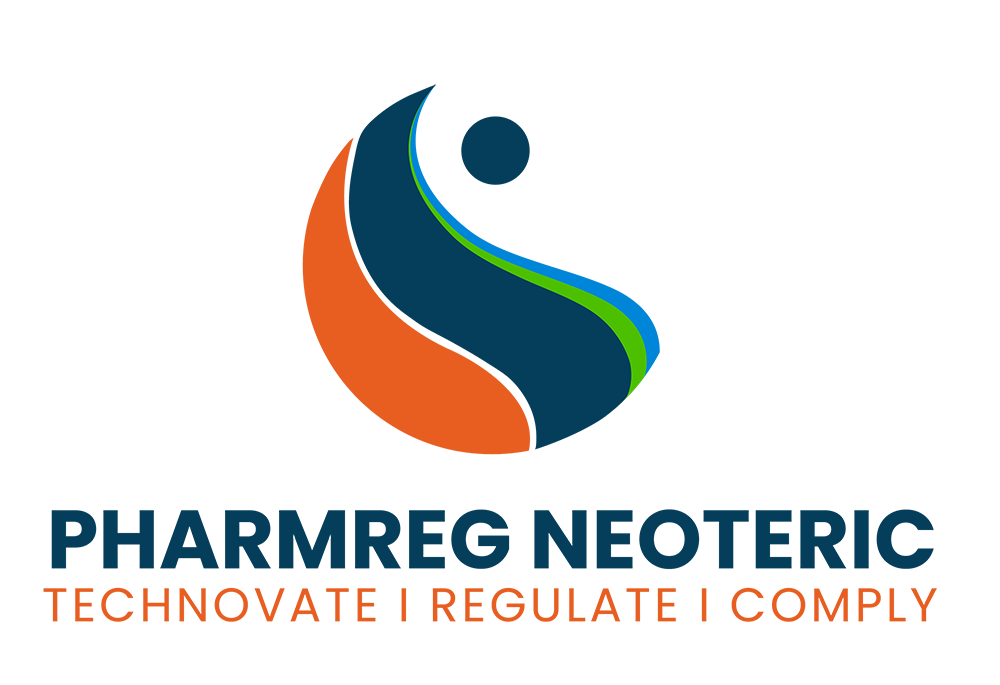
When implementing the eCTD (Electronic Common Technical Document) in Tunisia, there are key aspects to consider for successful submission to the local health authority, the Direction de la Pharmacie et du Médicament (DPM). Below are the crucial details:
- Regulatory Guidelines
The Tunisia Ministry of Health has specific guidelines for eCTD submissions, typically aligned with ICH (International Council for Harmonisation) standards.
Ensure you have the most up-to-date Tunisia eCTD guidelines, as they will contain specific instructions regarding dossier structure, format, and technical requirements.
- Dossier Structure
Follow the eCTD structure (Modules 1-5):
Module 1: Local administrative information, including cover letters, application forms, labeling, and product information specific to Tunisia.
Modules 2-5: Common technical sections following ICH standards for quality, safety, and efficacy.
- Language Requirements
Administrative documents (Module 1) must be in French.
Technical modules (Modules 2-5) should typically be submitted in English, though certain documents, like patient information leaflets or labeling, may need to be in Arabic or French depending on DPM requirements.
- Technical Specifications
Validation Tools: Ensure the submission adheres to the DPM validation criteria for eCTD submissions, and use a validated software tool to create, validate, and submit your eCTD.
Metadata: Pay attention to proper metadata tagging and use of correct XML backbone.
- Electronic Submission Portal
The DPM might have specific portals or platforms for uploading eCTD submissions. It’s essential to have access to the portal and understand the steps for secure transmission.
Digital signatures and encrypted submissions may be required to ensure the security and authenticity of documents.
- Transition from Paper to eCTD
Companies submitting for the first time may need to coordinate with the DPM for transition from paper-based submissions to electronic.
Maintain clear communication with regulatory authorities to ensure proper understanding and compliance with submission timelines.
- Training and Resources
Make sure your regulatory team is trained in eCTD compilation and submission processes.
Utilize training programs or services from eCTD consultants who have experience with the Tunisian market.
- Timelines
Submission timelines may vary depending on the type of application (e.g., new drug applications, variations, renewals), so ensure proper planning to meet local regulatory timelines.
- Future Updates
Stay updated on any changes in Tunisian eCTD requirements, as regulations can evolve over time, especially with the increasing global push towards digitization in regulatory affairs.
By adhering to these considerations, your eCTD submission in Tunisia can be well-prepared to meet the regulatory expectations of the DPM.
The full implementation is planned for 2026, with no paper submissions allowed after this date.

